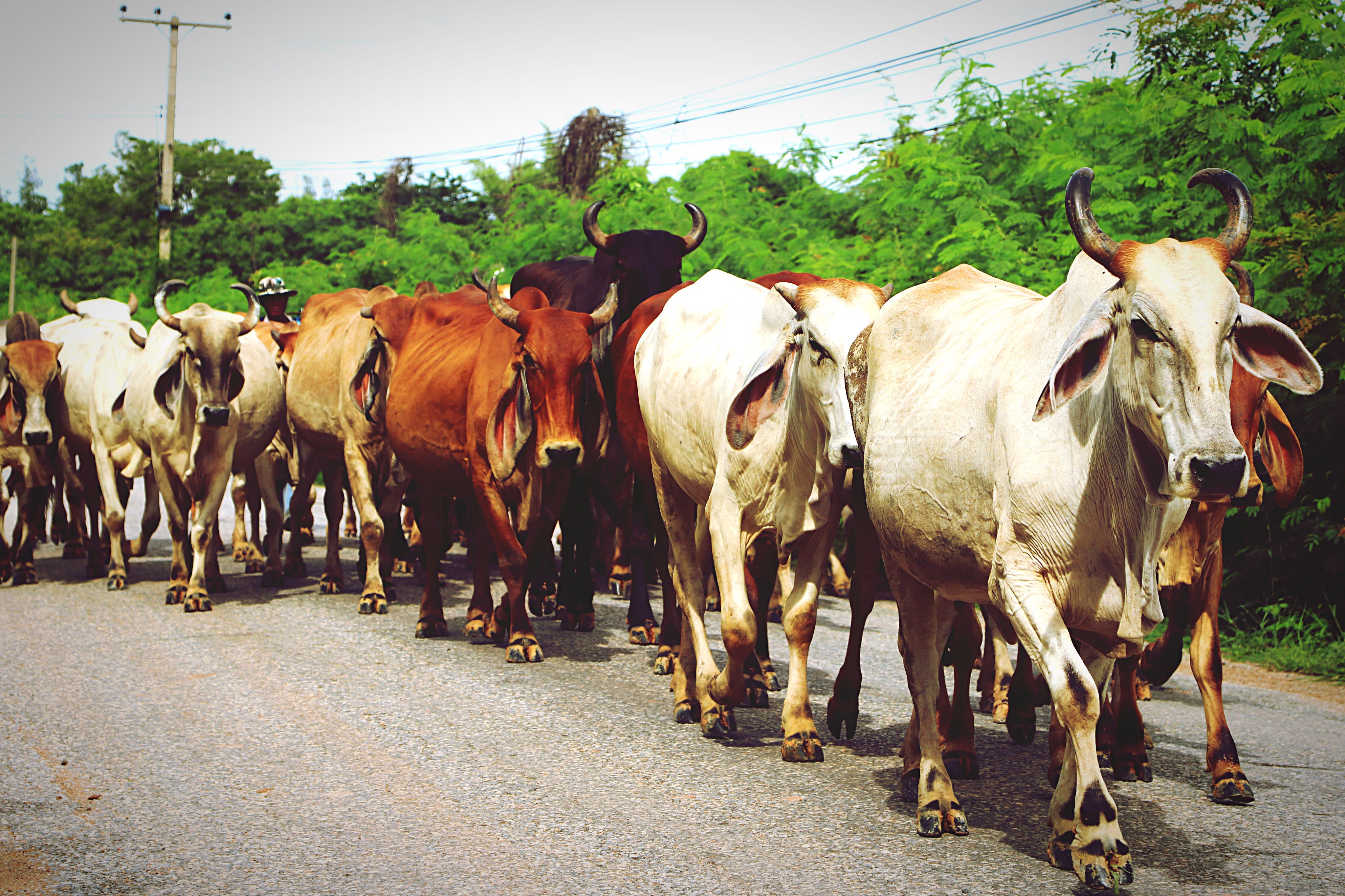Hunger; that is the silent crisis brewing in Nigeria, Africa’s most populous country and largest economy. Since the oil price crash of 2014 and its aftershocks, millions of families have been grappling with increasing unforgiving food shortages and unaffordability.
Food insecurity, defined as a lack of reliable access to sufficient, safe and nutritious food needed to lead a healthy and active life, is rife and rising. Between 2014 and 2022, the share of the population experiencing extreme food insecurity has risen from 11% to over 21%, according to the 2023 State of Food Security and Nutrition in the World Report. The situation today across the country remains deeply concerning. But what sets this crisis apart from global norms is a disquieting fact: food insecurity is most prevalent in urban areas, where a growing share of the country’s population lives and the lion’s share of the country’s productive economic activities take place. This prevalence of food insecurity in urban areas, which collectively represent the nucleus of the country’s socioeconomic activities, underscores the severity of the issue and the dire need for comprehensive solutions.
The grip of hunger tightens when people get caught between the crushing weight of unaffordable food prices and dwindling incomes. Nigeria’s minimum wage, measured in nominal dollars, has plummeted from approximately $114 per month in 2014 to less than half of that today. Despite the upward revision of the minimum wage from NGN 18,000 in 2014 to NGN 30,000 in 2019, and the recent addition of NGN 35,000 to federal government workers’ monthly salaries, the current indicative minimum wage of NGN 65,000 ($56) remains lower than 2014 levels.
Meanwhile, food inflation has surged to unprecedented levels, reaching 30.6% year-on-year in September 2023. Between August 2018 and August 2023, basic food items have more than doubled in price. Unsurprisingly, in 2019, the average Nigerian family spent a staggering 59% of their expenditures on food, a proportion higher than in many other African countries. The effects of these dual pressures are that families skip meals more often, consume less nutritious food, and reduce spending on child’s education and healthcare, all of which leaves them more vulnerable to poor health and long-term poverty.



